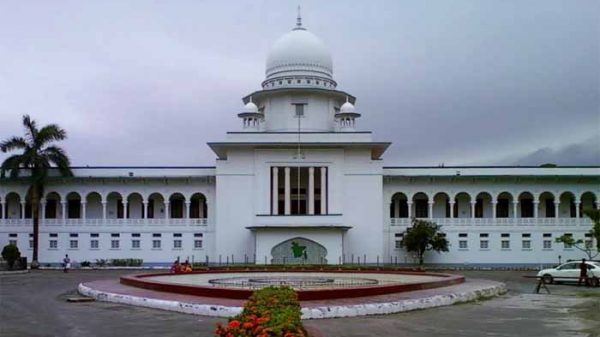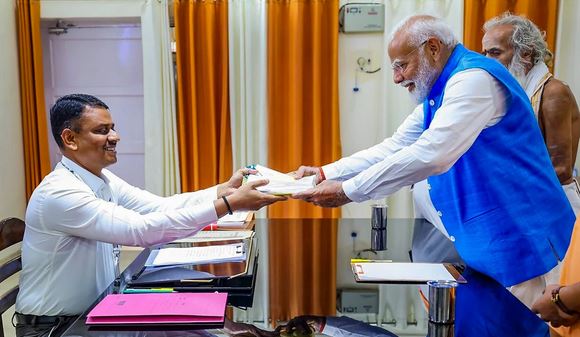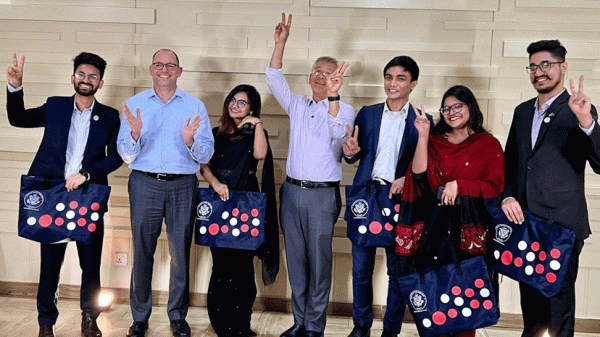Shawdesh Desk:
The government intervention, leading to a substantial increase in wages for public sector workers, has inadvertently deepened income inequality.
The study, titled ‘Intervention in Labour Market and Inequality Creation: A Natural Experiment,’ sheds light on the impact of such interventions in a seminar at the ‘Dhaka Winter Conference on Economics 2023’.
Md Al-Hasan, researcher of International Food Policy Research Institute, presented the study paper.
The programme was jointly organised by the Department of Economic and Development Studies on Bangladesh (AEDSB) and Bangladesh Economics Research Network (BERN). The daylong conference was hosted by Bangladesh Institute of Development (BIDS) at its auditorium in the capital on Saturday.
The study highlights the government’s 2015 decision to implement a 100% pay hike for its employees has inadvertently led to a spike in poverty among low-skilled workers.
Despite the government’s well-meaning intentions, the private sector’s low-skilled workforce struggled to adapt to the sudden shift in the labour market, it added.
A recent study sheds light on the complex relationship between wage increases and poverty levels. Contrary to expectations, as wages rise, the poverty line also ascends.
This means that individuals previously deemed above the poverty threshold now find themselves grappling with financial hardship, the report mentioned.
The disparity in the rate of wage increments further exacerbates the issue, with the poverty rate surging by up to 40% when the limit increases by a mere 10%, the study added.
The findings suggest that while the wages of public sector and highly skilled private sector workers surged, the least skilled workers in the private sector saw no improvement.
The widening public-private wage gap is identified as a direct consequence of this labour market intervention, the report mentioned.
The study points out that the market power held by skilled private sector workers enables them to swiftly adjust their wages to new market conditions.
On the contrary, the least skilled workers lack this flexibility, leading to their impoverishment even within their peer group, it added.
Analysts argue that the success of a nation’s development hinges on addressing these disparities and fostering the growth of its least skilled workforce.
They emphasise the critical role of inclusive policies to ensure that all segments of the labor market benefit from economic interventions, crucial for the nation’s path towards becoming a developed country.
In the inaugural session of the research conference, Jahangirnagar University’s Associate Prof Amin Masud Ali presented a groundbreaking paper on poverty alleviation and local government fragmentation.
Ali suggested that while initial poverty reduction may occur with fragmented local government units, exceeding certain limits could lead to a resurgence of poverty.
He highlighted that political motives often influence the formation of municipalities or union councils by influential district parliament members, leading to increased government costs and coordination challenges.
North South University’s Ahmed Sadek Yusuf presented a significant paper titled ‘Measuring Economic Growth with A Fully Identified Three-Signal Model,’ contributing valuable insights to the discourse on economic indicators and growth measurement.
























Leave a Reply